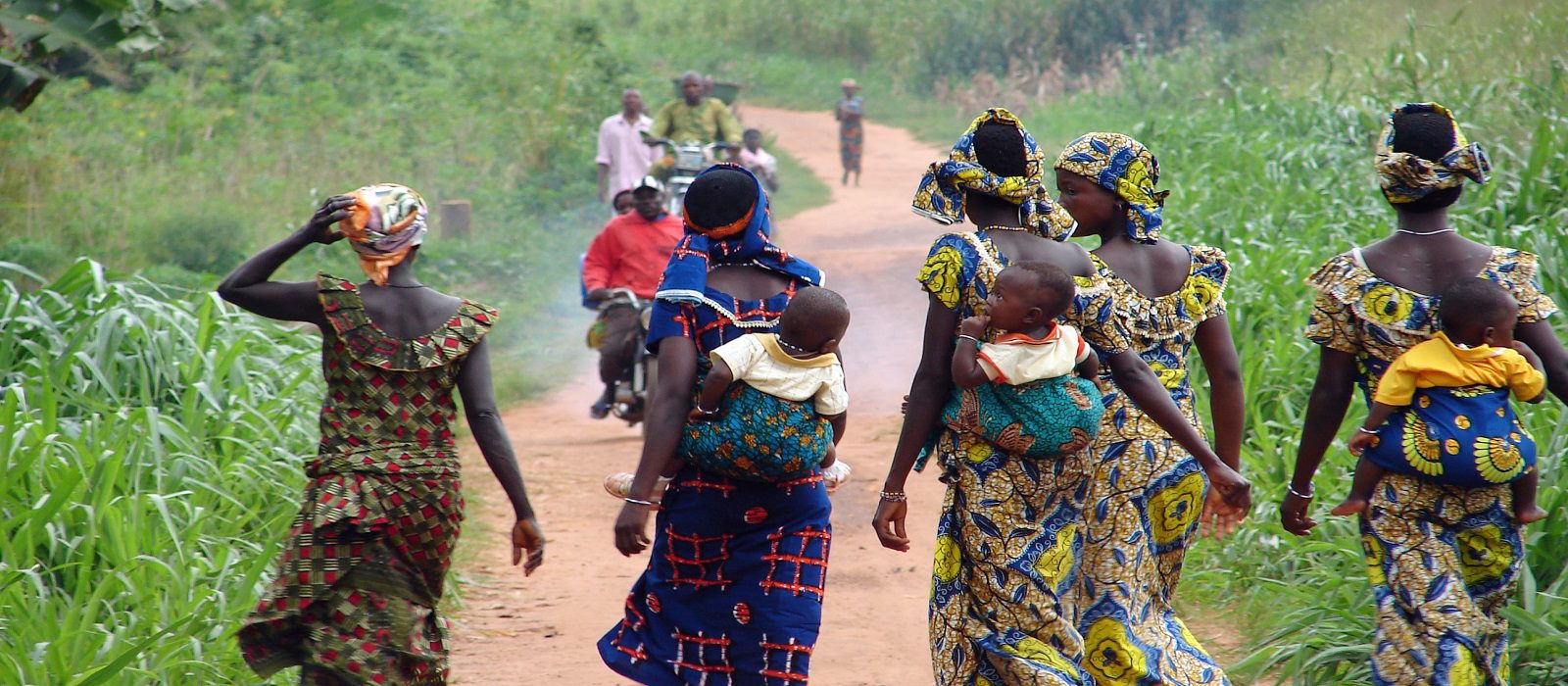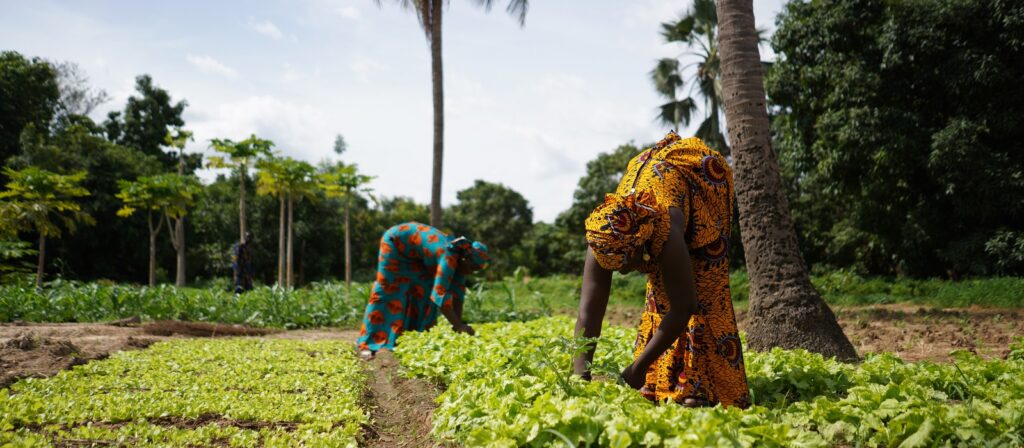ICMIF member African Risk Capacity (ARC) Limited is the first African company to join the UN-convened Net-Zero Asset Owner Alliance.
The Net-Zero Asset Owner Alliance was established in 2019 by eight of the world’s leading insurers and reinsurers and is a historic commitment to transition insurance portfolios to net-zero greenhouse gas (GHG) emissions by 2050.
By joining the Net-Zero Asset Owner Alliance as announced last month, ARC Limited has committed itself to adopting a holistic approach to managing sustainability considerations, such as climate change, and to advocate for corporate and industry action aimed at a low-carbon transition of economic sectors.
ARC Limited CEO Lesley Ndlovu says the organisation takes its role in supporting the transition to a net-zero economy very seriously.
“Having recently achieved the global insurance industry’s top overall environmental, social and governance (ESG) score, as evaluated by Sustainalytics, joining the Net-Zero Asset Owner Alliance was an obvious next step for us. We are proud to be the first African company to join the alliance in its efforts to accelerate the transition of the financial sector and the global economy to net-zero emissions,” says Ndlovu.
“In the run-up to COP26, we recognise the role that the insurance industry plays to sound a strategic warning about the very real impacts of climate change. Africa is particularly vulnerable to these as the continent that bears the brunt of drought, flooding, cyclones and other climate change-led weather events, even though it has actually had very little impact on carbon emission,” says Ndlovu.
“We believe it is ARC Limited’s duty to play a leadership role in mitigating and managing the effects of climate change on the African continent by supporting the promises made six years ago at the Paris Climate Agreement and tackling the root cause of these devastating and disruptive climate change events in Africa; a continent that depends so heavily on the highly impacted agriculture sector for its economy and employment,” Ndlovu concluded.
Established in 2014, ARC Limited provides natural disaster insurance relief to African countries.
Along with its partners, which provide premium support, the insurer has already paid over USD 65m to seven governments to provide drought relief and address the economic concerns these countries’ most vulnerable citizens face.
In 2019/2020, ARC Limited paid out USD 2.2m to the Cote d’Ivoire Government and a further USD 740,000 in 2018/2019. In that same year, the organisation also paid out USD 12.5m to Senegal Government, USD 10.7m to the START NETWORK in Senegal, USD 1.5m to the Zimbabwe Government and USD 1.1m to WFP in Zimbabwe, and USD 170,000 to the WFP in Mauritania to meet the food security needs of the citizens of these countries impacted by climate change events.
“ARC Limited’s role as a parametric insurer is critically important in building resilience and ensuring a country is able to bounce back swiftly after a natural disaster,” says Ndlovu.
He adds: “Beyond this, we recognise the importance within our own organisation of taking climate change into account when we make decisions and establishing a credible net-zero transition strategy so that we may contribute to the solution while simultaneously seeking to support the most vulnerable people in Africa by providing rapid financial support to mitigate the impact of climate change-induced disasters.”






